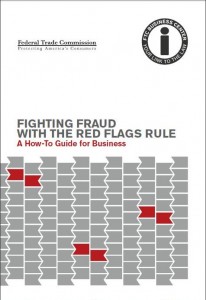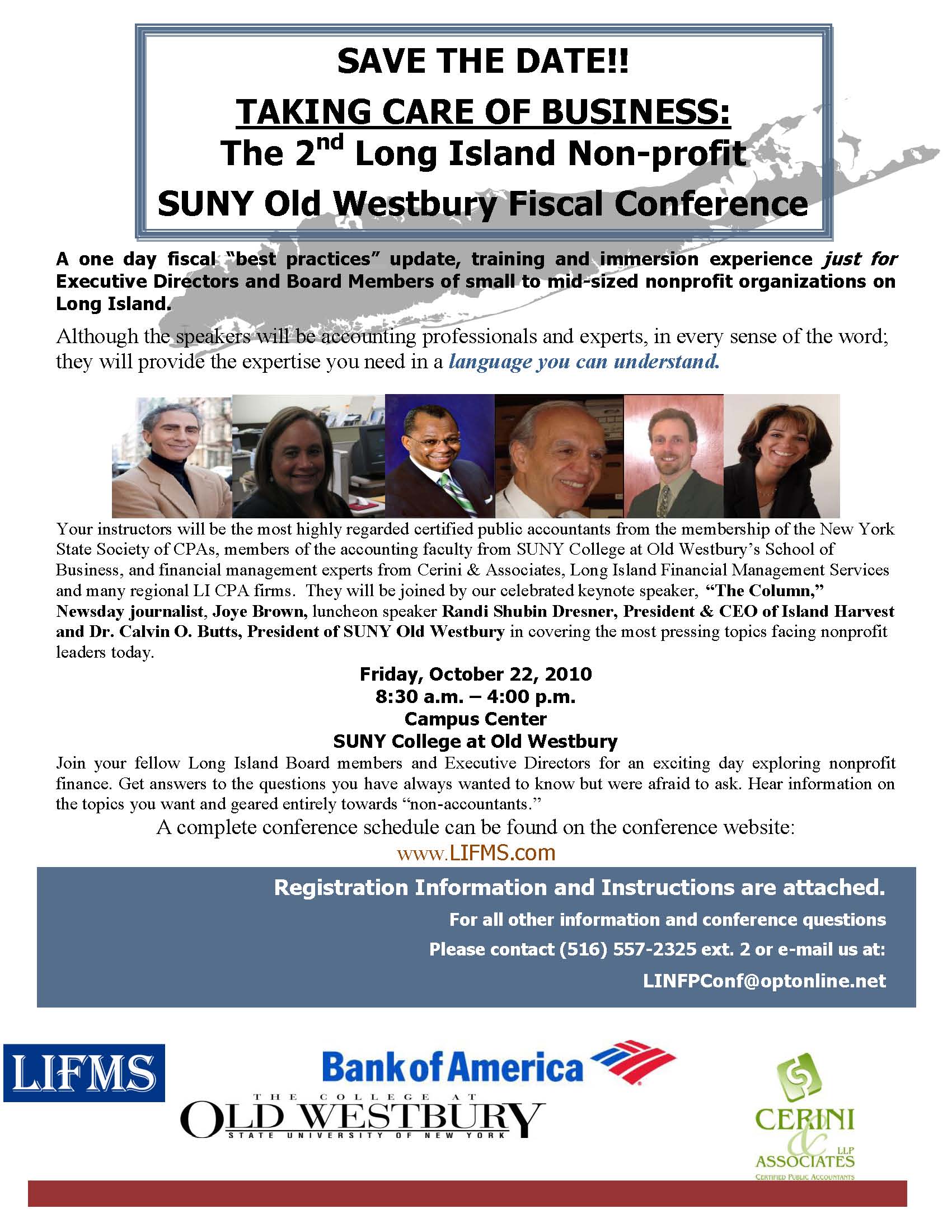Recently two friends emailed me about Catalog Choice’s $20,000 Paperless Choice Digital Fundraising Challenge.  It’s a contest to encourage nonprofits away from paper solicitations to “successful & replicable digital fundraising campaigns.” Including email. I applaud the idea, co-sponsored by the Overbrook Foundation.
It’s a contest to encourage nonprofits away from paper solicitations to “successful & replicable digital fundraising campaigns.” Including email. I applaud the idea, co-sponsored by the Overbrook Foundation.
The nonprofits that nominate their email fundraising campaigns need to know that in many states, email appeals are solicitations, and solicitations trigger Charity Registration requirements. If the soliciting nonprofit isn’t registered with state authorities, then its solicitations are illegal. In a lot of states that means criminal or civil fines. Serious consequences.
Email fundraising is a solicitation in states like Arizona, California, Connecticut, D.C. (not a state, but has abundant nonprofit registration requirements), Florida, Illinois, Massachusetts, New Jersey, New Mexico, New York and Virginia.
Like so much of the Charity Registration morass, penalties vary state-by-state. Arizona calls noncompliance a Class 1 misdemeanor, with fine up to $2,500 and jail up to 60 days. (I doubt anyone is going to prison over this.) And Arizona has scant exemptions, only for political committees and parties. That means nearly every fundraising email landing there demands registration with the secretary of state.
California, like D.C., is a tough place to comply in. It seems like the attorney general’s office (registration in most states is with the secretary of state or A.G.) went out of its way to make the process confusing, time consuming and expensive. But, the fines are low in the Golden State: only $25 per month. The District of Columbia has civil fines and fees. Florida, an enormously important fundraising state with its hefty crop of retirees, offers the narrowest of exemption categories. In Florida, scofflaws face a 3rd degree felony for goodness sake, with fines up to $5,000. (The jail time is measured in years.)
If your nonprofit sends email solicitations, you might look at Catalog Choice’s contest. You might also look at the Charity Registration requirements in states where those emails land.
(I signed up with Catalog Choice. It’s free and nonprofit. If they relieve me of the Smith+Noble catalogs that I’ve tried about 8 times over 3 or 4 years to unsubscribe from, I’ll donate $50.)





